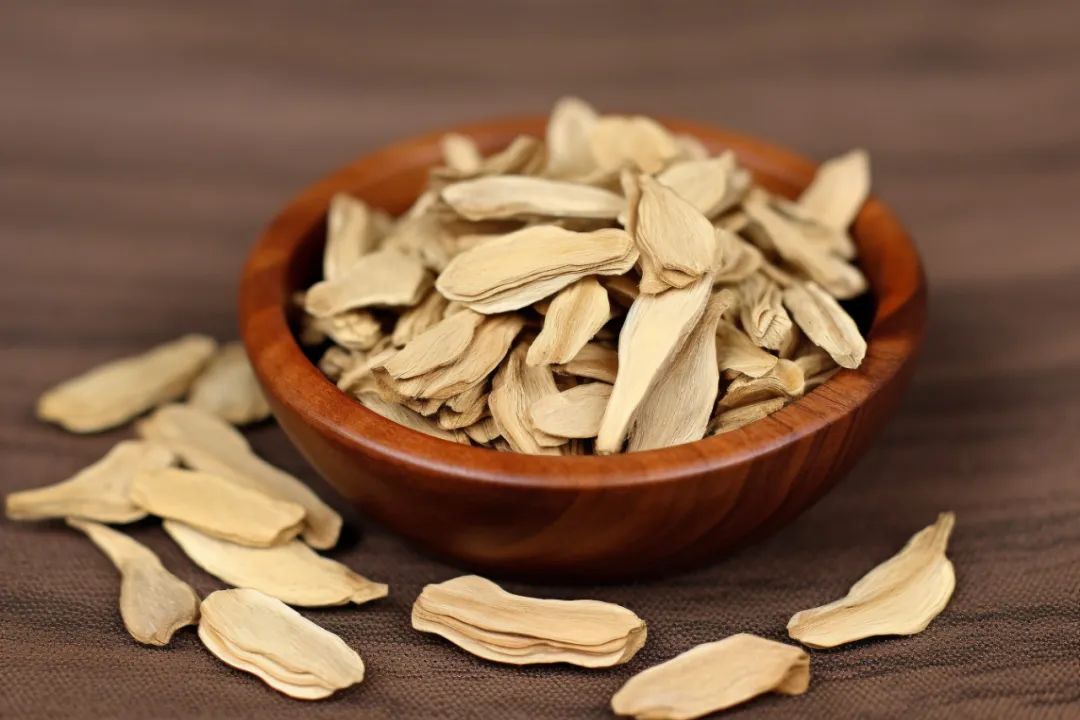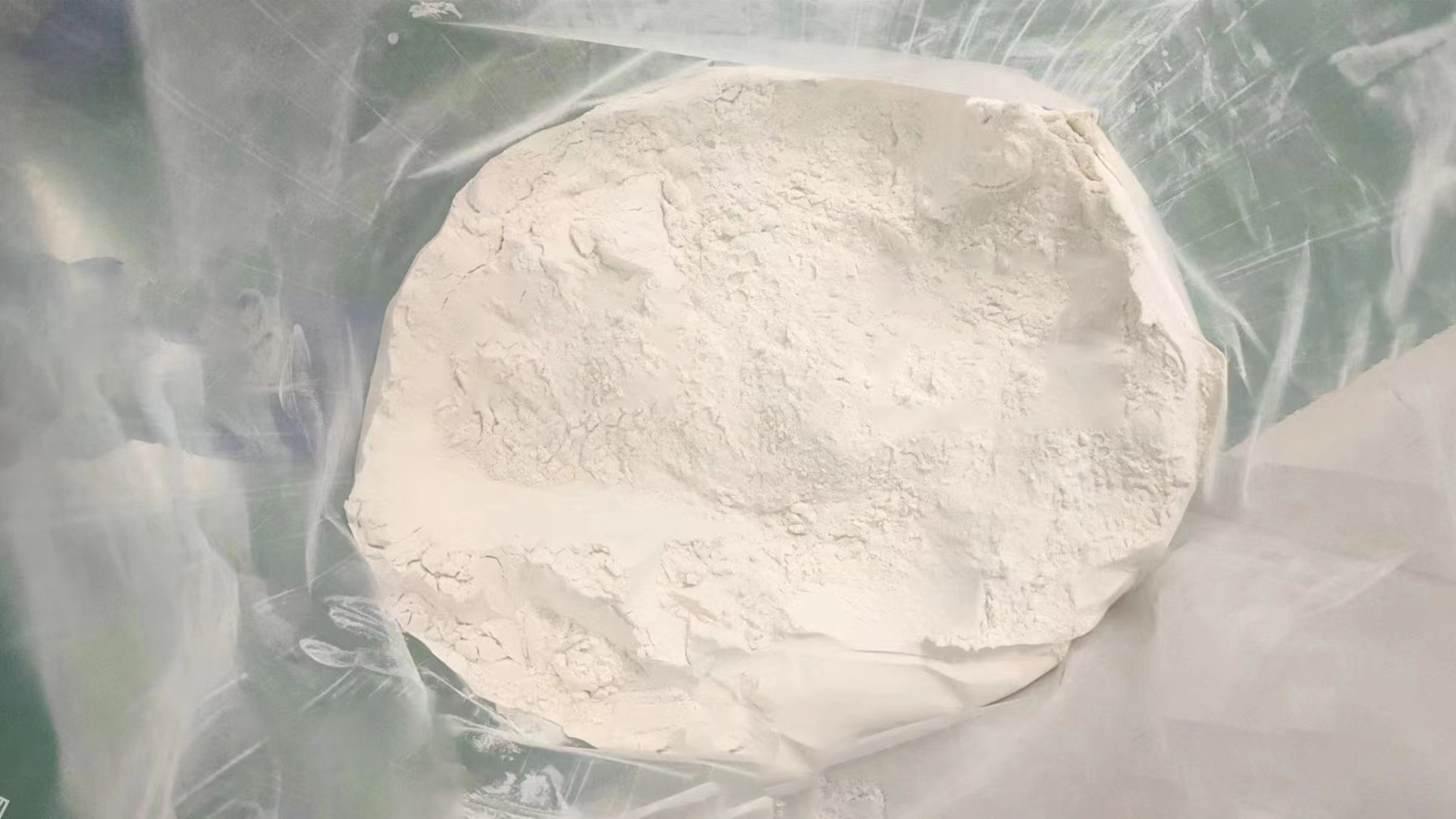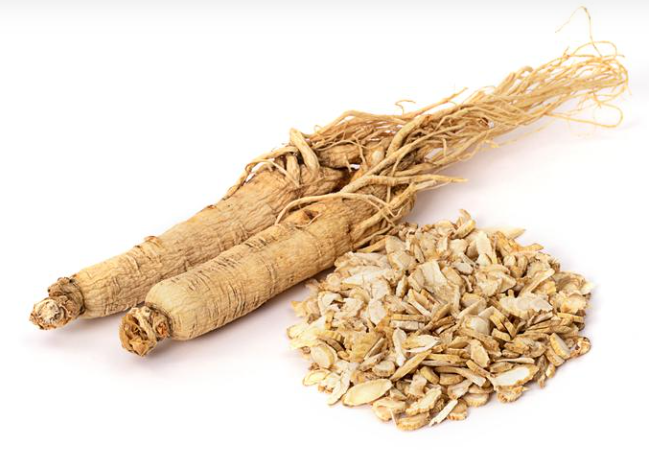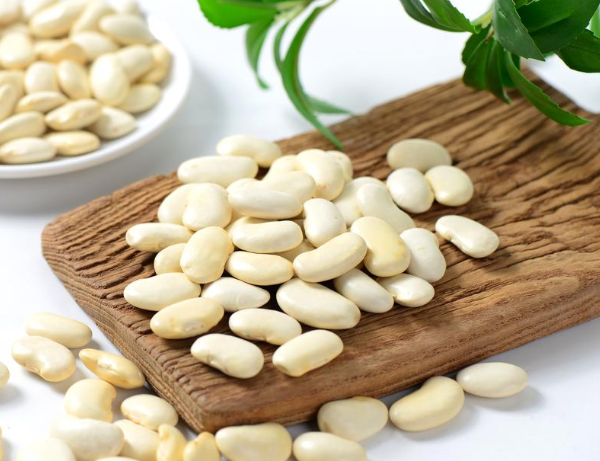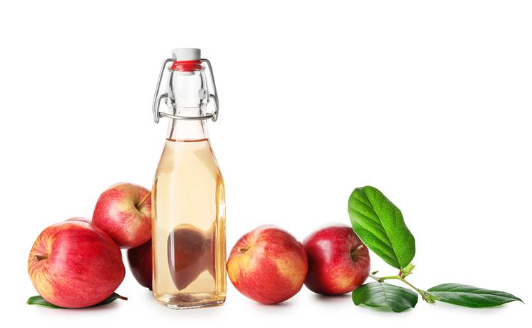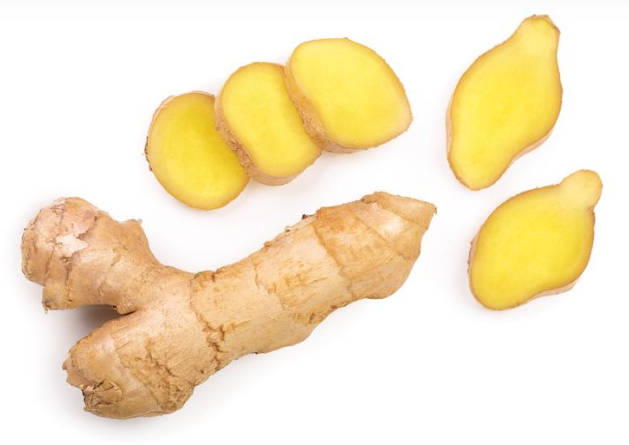Berberine, a naturally occurring compound found in various plants, has gained popularity in recent years for its potential health benefits. From being touted as a remedy for various health conditions, such as diabetes, cardiovascular diseases, and obesity, to its use in dietary supplements, berberine extract has caught the attention of many. In this article, we will delve into the key questions surrounding berberine, its FDA approval status, effectiveness in gummy form, its association with weight loss, impact on kidney health, and overall safety, backed by scientific sources.
1, Is Berberine Hydrochloride powder FDA Approved?
As of my knowledge cutoff date in September 2021, berberine itself is not FDA-approved as a medication or supplement. It is classified as a dietary supplement and is available over-the-counter without a prescription. The FDA regulates dietary supplements under a different set of regulations than prescription drugs, and manufacturers of dietary supplements are responsible for ensuring the safety and labeling accuracy of their products.
Source: U.S. Food and Drug Administration (FDA) - https://www.fda.gov/
2, Are Berberine Gummies Effective?
The effectiveness of berberine gummies, or any form of berberine supplement, depends on the intended health benefits and individual circumstances. Berberine has been the subject of numerous scientific studies, which have explored its potential effects on various health conditions. However, it is important to note that not all studies have been conducted with gummy formulations specifically.
While gummies can be a convenient way to consume berberine, it is essential to consider the concentration of berberine in the product, as well as the overall quality and authenticity of the supplement. Before trying berberine gummies, it is advisable to consult with a healthcare professional to determine the appropriate dosage and its suitability for your specific health needs.
3, Is Berberine Good for Weight Loss?
Research suggests that berberine may have potential benefits for weight management. Some studies have shown that berberine can help regulate blood sugar levels and improve insulin sensitivity, which may indirectly contribute to weight loss. Additionally, berberine has been reported to influence certain cellular processes involved in metabolism, such as AMP-activated protein kinase (AMPK) activation.
However, it is important to remember that weight loss is a complex process influenced by various factors, including diet, physical activity, and overall lifestyle. Berberine alone is unlikely to lead to significant weight loss without the support of a balanced diet and regular exercise.
Source: Evidence-Based Complementary and Alternative Medicine - https://www.ncbi.nlm.nih.gov/pmc/articles/PMC3430423/
4, Is Berberine Bad for Kidneys?
Berberine's impact on kidney health has been a topic of concern. While some studies suggest that berberine might have potential kidney-protective effects, others raise cautionary notes about its use in individuals with pre-existing kidney conditions.
Berberine may interact with certain medications, and its use should be avoided or closely monitored in individuals with kidney disease or those taking medications that could be affected by berberine.
Source: International Journal of Molecular Sciences - https://www.ncbi.nlm.nih.gov/pmc/articles/PMC7052990/
5, Are Berberine Supplements (BBR) Safe?
Berberine supplements are generally considered safe for short-term use in healthy individuals when taken at appropriate dosages. However, like any supplement or medication, berberine may cause side effects in some people, including digestive issues like diarrhea, constipation, and abdominal discomfort.
As mentioned earlier, berberine may interact with certain medications, and it is essential to consult with a healthcare professional before starting any new supplement, especially if you have underlying health conditions or are taking other medications.
Source: Journal of Ethnopharmacology - https://pubmed.ncbi.nlm.nih.gov/27908792/





